Auto Added by WPeMatico
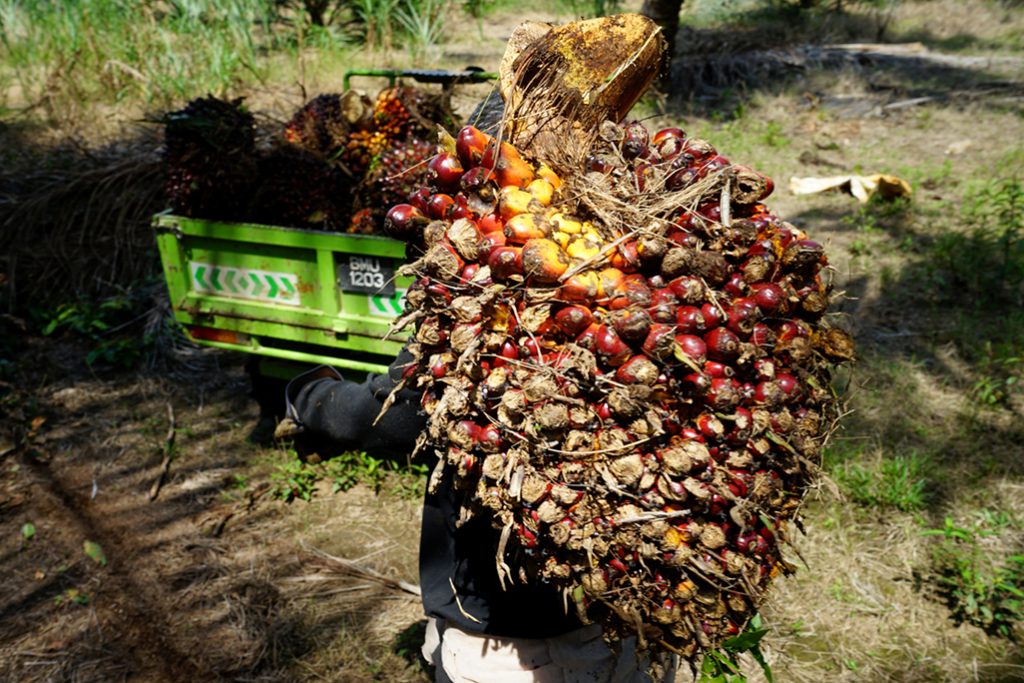
MALAYSIA is losing an estimated RM1.7 billion in annual palm oil export revenue following a sharp decline in smallholder-owned plantation areas over the past four years.
Malaysian Palm Oil Board (MPOB) data showed the area had contracted by 137,133ha, from 955,811ha in 2020 to 818,678ha in 2024. The reduction is equivalent to 192,035 football fields.
For every hectare, smallholders can produce an average of 15 tonnes of fruit, with 20% processed into crude palm oil valued at RM4,171 per tonne at current market prices.
National Association of Smallholders Malaysia (PKPKM) president Adzmi Hassan said restrictive land title conditions have prevented many smallholders from replanting oil palm, even on agricultural land long used for palm cultivation.
“State governments are seen as not proactive in changing the crop or land status even though oil palm has been cultivated there for a long time,” he told Utusan Malaysia.
He said the absence of official recognition as oil palm land means smallholders are ineligible for key government facilities.
“They cannot obtain a licence to sell and transport palm fruit from the MPOB, nor are they entitled to replanting grants under government schemes or Malaysian Sustainable Palm Oil (MSPO) certification,” he added.
As a result, many halt replanting or turn to other crops, undermining the government’s replanting programme, which targets smallholders who account for 14.6% of Malaysia’s total oil palm area.
Adzmi welcomed the commitment by Plantation and Commodities Minister Datuk Seri Johari Abdul Ghani to allocate RM1.4 billion under the 13th Malaysia Plan (MP13) for the national replanting programme, but stressed the need for better implementation.
“PKPKM proposes that all state land administrators ease the process by allowing oil palm replanting on any land classified as agricultural, so that smallholders are eligible for licences, replanting grants and MSPO certification,” he said.
He also noted that low fruit prices during the Covid-19 pandemic made palm cultivation less viable, prompting some farmers to switch to higher-value crops such as durian.
Labour shortages and rising plantation management costs, especially for ageing smallholders, have also contributed to the decline.
RELATED ARTICLES

EU must recognise palm oil producing countries’ efforts in meeting EUDR – PM
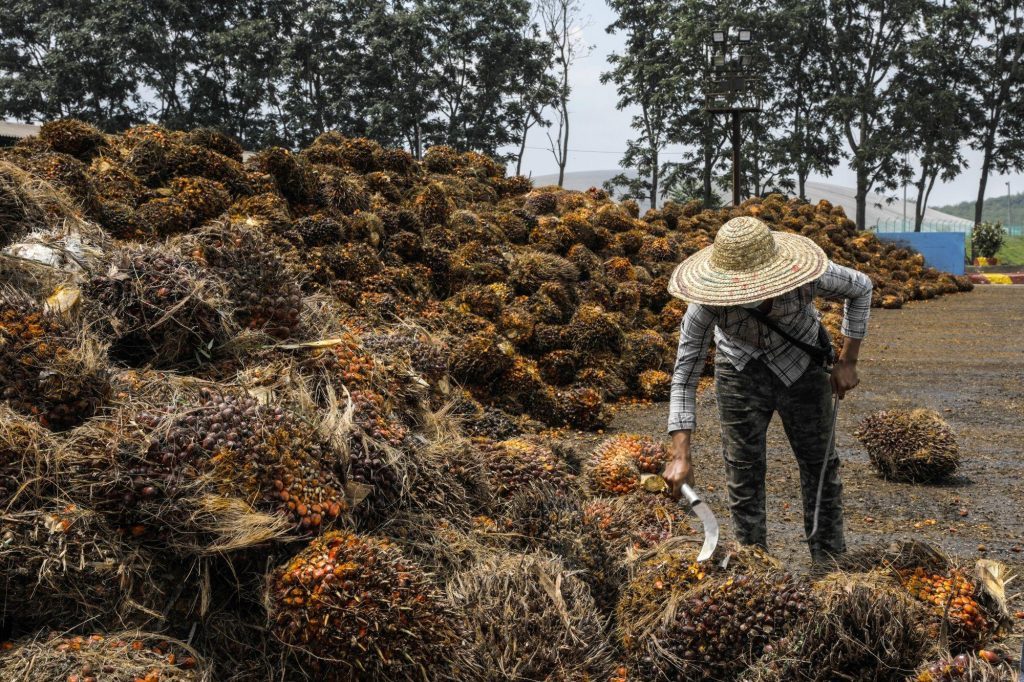
Plantation sector to incur RM7.5b losses on workers shortage

Indonesia sends cars for biodiesel tests to volcanic highlands
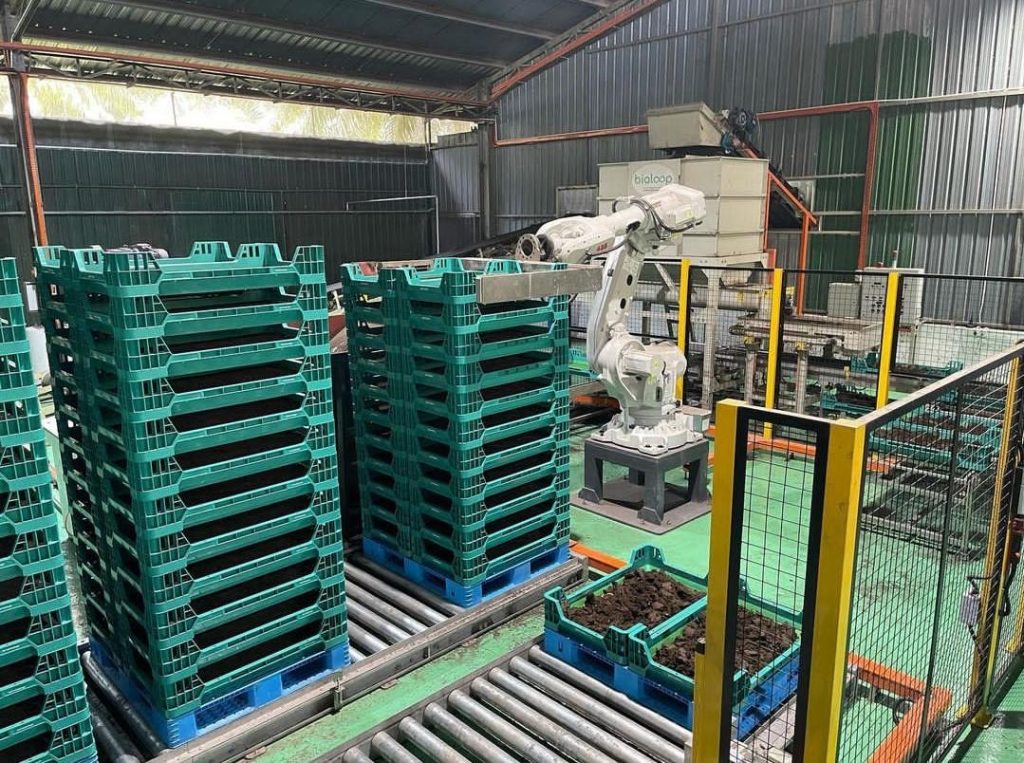
Innovative solutions address Malaysia’s palm oil waste challenge
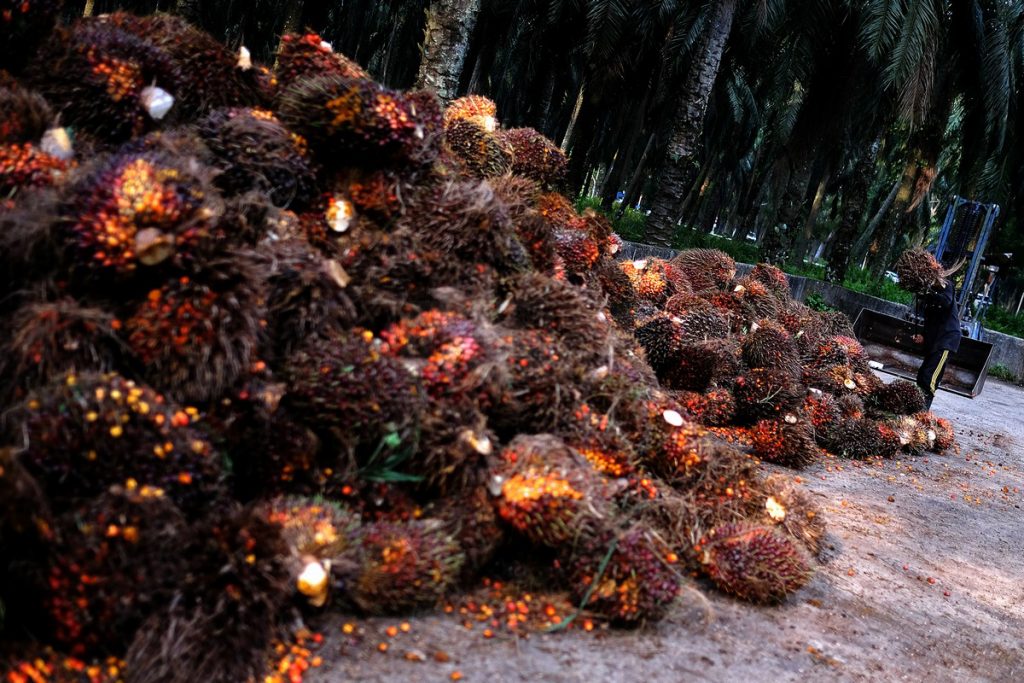
Local palm reserves seen hitting fresh record in December
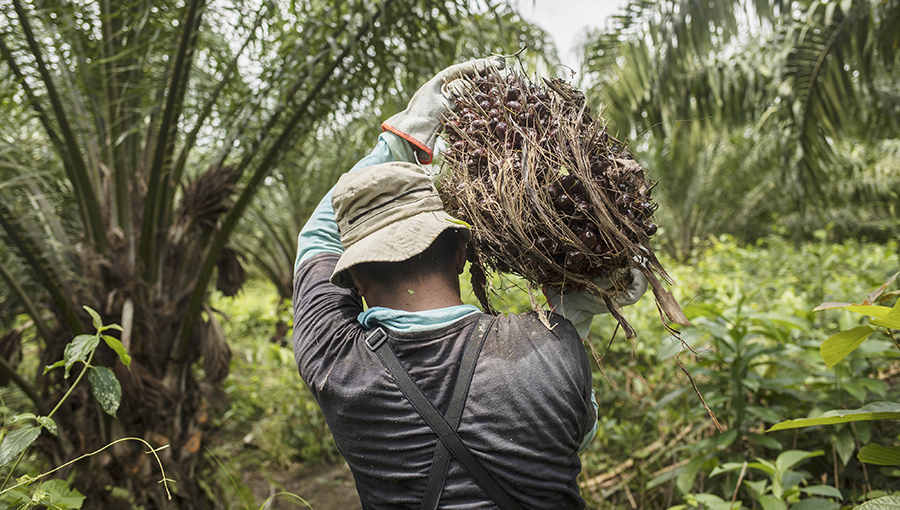
Palm oil closes at record high on concern over shrinking supply
The post Loss of oil palm land costs Malaysia RM1.7b annually appeared first on The Malaysian Reserve.
